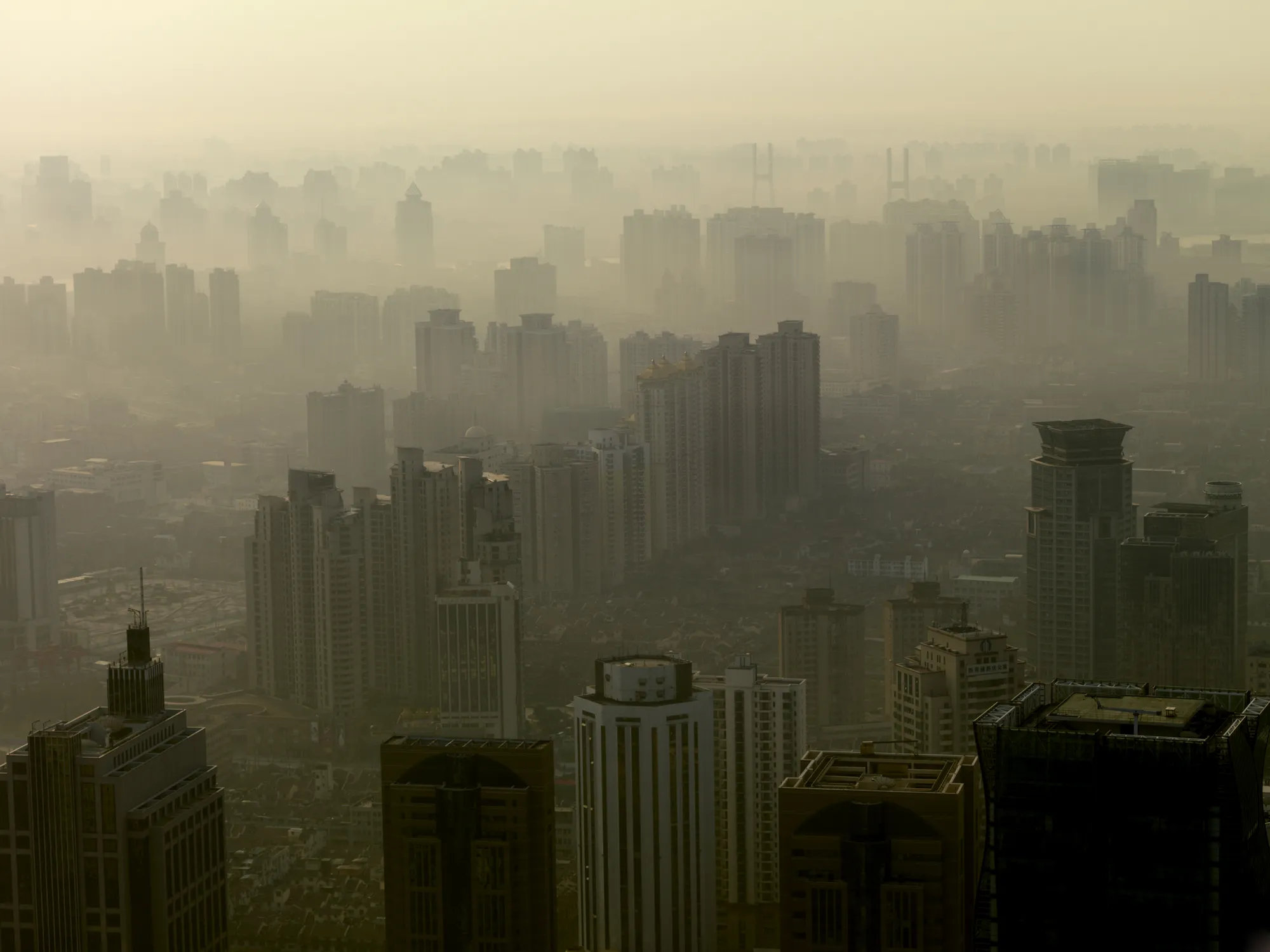
Environmental contaminants, such as chemicals in water and soil and light pollution, represent a greater health threat than war, terrorism, malaria, HIV, tuberculosis, drugs and alcohol combined, according to the review of scientific studies.
Researchers say there is an urgent need to improve the monitoring of these pollutants to identify groups of people most at risk, and better understand how exposure to specific pollutants raises the risk of cardiovascular disease for individuals.
Global study
Cardiovascular disease is the world’s biggest killer, causing more than 20 million deaths worldwide every year. Pollutants are known drivers of cardiovascular disease, and can affect the body in different ways.
Dr Mark Miller from the University of Edinburgh’s Centre for Cardiovascular Science joined forces with experts from across the world to better understand the true scale of how environmental pollution affects our health.
They brought together evidence of links between pollution and cardiovascular disease across populations, and laboratory studies that give insight into the biology underlying these effects.
One in five of all cardiovascular disease deaths are caused by air pollution, the findings show.
Wildfire risks
One of the fastest growing causes of death is exposure to wildfire smoke – an increasing occurrence owing to global warming – which is associated with inflammation in the lung and impaired heart function.
Smoke from wildfires has been estimated to be responsible for 339,000 to 675,000 premature deaths per year, the team found.
In the US alone there has been a 77 per cent increase in exposure to wildfire smoke since 2002, owing to greater incidence of fires.
New measures
The research team has called for changes to city design, such as safe spaces for exercise, reduced vehicle use and increasing tree cover, to enable better public health. They would also welcome more public health campaigns about the dangers of air pollution, and inclusion of the topic in medical training.
They also want an end to subsidies to the fossil fuel industry, to enable more investment in renewables and cleaner energy production. This would slow global warming and remove some of the most harmful pollutants from the air, experts say.
It is also hoped that routine testing may be introduced for exposure to more pollutants than at present.
The study, published in the Journal of the American College of Cardiology, involved researchers from the Icahn School of Medicine at Mount Sinai, Global Observatory on Planetary Health Boston College, Centre Scientifique de Monaco, University Medical Centre Mainz, and the Victor Chang Cardiac Research Institute.
Climate change and pollution don’t just affect the environment; they have a huge impact on health too. Pollution affects everyone, whether you’re young or old, healthy or sick. We need a step change in efforts to tackle global warming and pollution, as both our planet and mankind are already suffering. There are huge opportunities to improve health if the global community can work together to minimise the blight of pollution.
Dr Mark MillerUniversity of Edinburgh Centre for Cardiovascular Science
Pollutants have reached every corner of the globe and are affecting every one of us. We are witnessing unprecedented wildfires, soaring temperatures, unacceptable road noise and light pollution in our cities and exposure to untested toxic chemicals in our homes. Our bodies are being bombarded with pollutants from every angle and they are taking a toll on our heart health. The evidence suggests that the number of people dying prematurely because of these very different forms of pollution is far higher than currently recognised.
Professor Jason KovacicDirector and CEO of the Victor Chang Cardiac Research Institute
Related links
Read the paper in the Journal of American College of Cardiology
Read the recent World Heart Federation report on air pollution and cardiovascular disease
The Centre for Cardiovascular Science
Image credit: xPACIFICA via Getty Images

